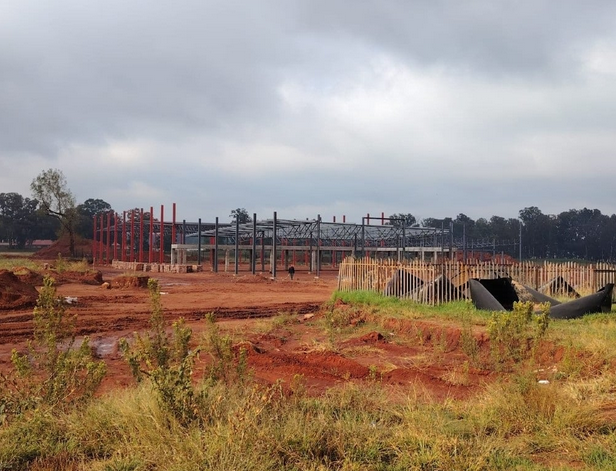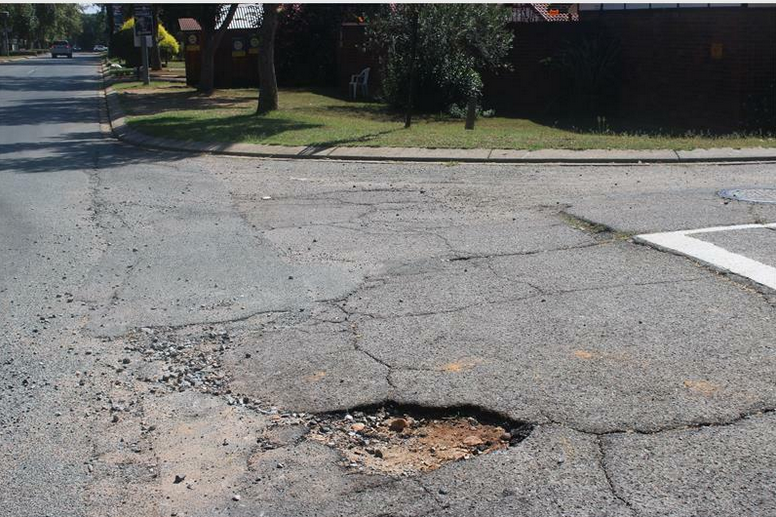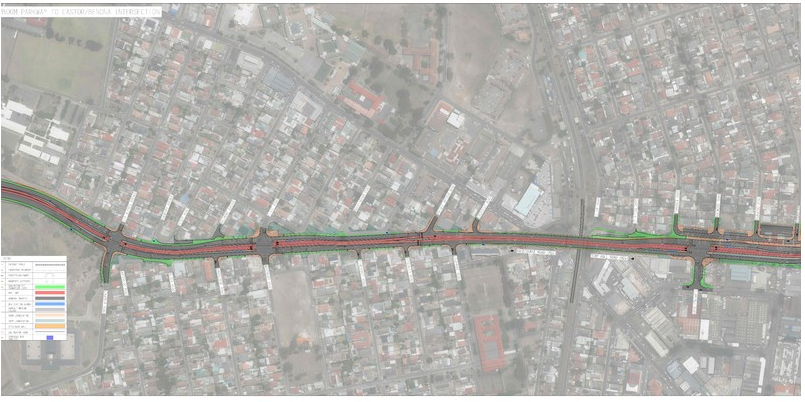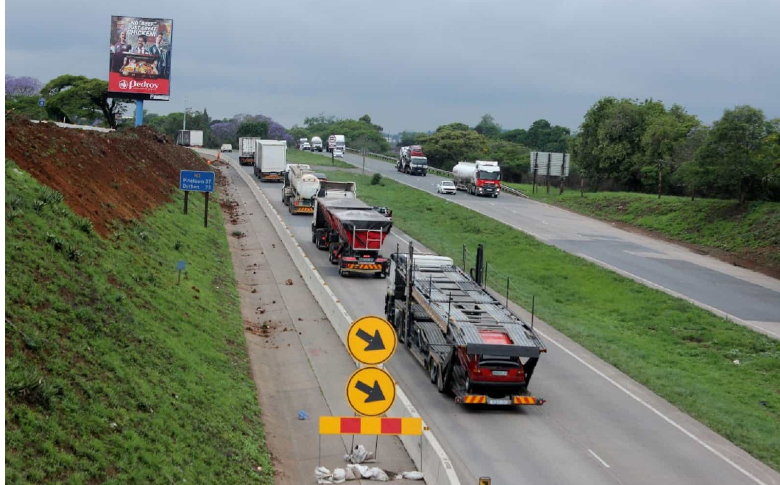Energy constraints will deepen woes of construction sector

19-09-2014
Read : 86 times
Bizcommunity.com
Source
Eskom's recent announcement regarding project delays in both the completion and critical maintenance of numerous local power plants means that for the next few years, load shedding will be a reality.
While the negative impact of electricity constraints will be felt across sectors, it is the emerging contractors within the construction sector for whom the immediate future will prove particularly challenging.
Although up by 2.9% for the same period in 2013, the latest quarterly labour force survey indicates total employment in the construction industry including self employed fell by 17,000 in the second quarter of 2014 compared to the first quarter. With a fragile economy on the verge of a recession together with the country's major industries such as mining and manufacturing emerging from crippling wage strikes, the planned maintenance of all power stations will only serve to seriously hamper any attempted recovery efforts within the sector.
New risk
Tendering conditions are particularly tough when it comes to public infrastructure projects where emerging contractors are competing against the larger contractors to secure work. Tight margins, skills shortages, together with uncertainty about whether the tendered contracts will actually be rolled out, creates a new risk for construction companies where many are opting to under-price contracts in order to secure work.
Compounding the problem is limited access to supplier credit and project finance which remains an ongoing challenge for emerging contractors. All these factors combine to create serious risk factors for both financial services and construction material suppliers.
In addition, construction material manufacturers and the manufacturing industry as a whole, including quarries and steel fabricators, are all reliant on stable and reliable power supplies. Stoppages in production affect output. This in turn affects manufacturing cost and ultimately the selling price of construction material.
These higher prices, together with restricted access to supplier credit places additional pressure on emerging contractors, many of which are already facing operational risk difficulties created by late or non-payment by municipalities and provincial government departments.
Short-term insurers
The ability of emerging contractors to continue operating under these challenging circumstances also creates greater credit risk concerns for short-term insurers especially construction guarantee and credit insurance underwriters whose underwriting margins are already strained as a result of claims and inability of debtors to honour their credit obligation.
Inevitably ongoing doubt regarding the sustainability of the South African construction industry only further serves to deter the already nervous insurance and international reinsurance companies from bringing in invaluable foreign investment. Here it would seem that with renewable energy technology a viable option and already available to Eskom and the private sector, the logical way forward would be for the mining and manufacturing industries to jointly address energy security concerns.
In addition, it would make sense to implement measures to incentivise industries that produce their own power. Failure by industry stakeholders to act towards finding a sustainable solution, will foreseeably only result in deepening woes for the sector.
Recent News
Here are recent news articles from the Building and Construction Industry.
Have you signed up for your free copy yet?









